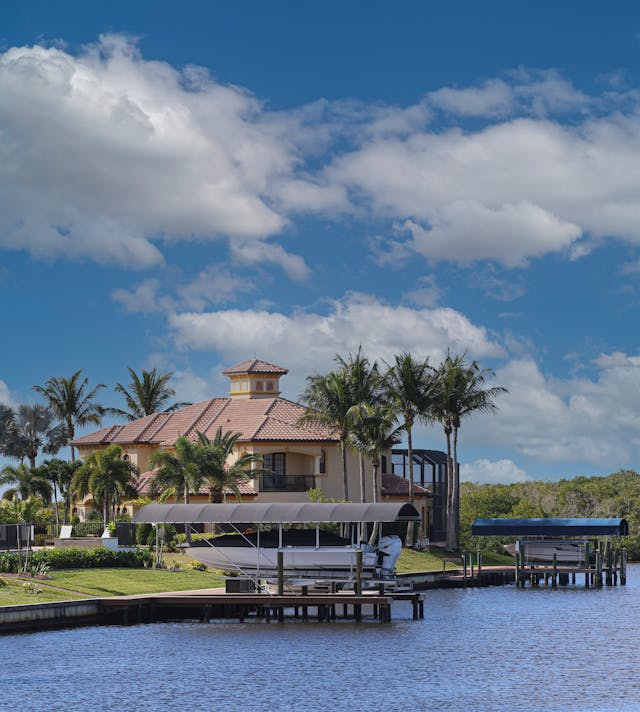Comprehensive FAQs for Short-Term Rental (STR) Regulations in Cape Coral, FL
Investing in short-term rental (STR) properties requires an in-depth understanding of local regulations. Below is a comprehensive list of frequently asked questions (FAQs) for STR operators and investors to help you navigate the rules in Cape Coral and stay compliant while maximizing profitability.

1. What is considered a short-term rental in Cape Coral?
In Cape Coral, a Residential Rental Property is defined as a dwelling unit located in a residential structure containing four or fewer individual dwelling units that is leased or rented to another person or entity. This does not include owner-occupied units, properties owned by federal, state, or local housing programs, hotels, motels, state-licensed community residential facilities, or public lodging establishments as defined under Florida law, except for vacation rentals as specified in Section 509.242 of the Florida Statutes.
2. Do I need a permit to operate a short-term rental in Cape Coral?
Yes, all residential rental properties in Cape Coral, defined as residential structures with four units or fewer that are leased or rented, must be registered with the city’s Code Compliance Division. This includes single-family homes and each unit within a multi-unit structure. There is a one-time registration fee of $35. Exemptions apply for properties owned by federal, state, or local housing programs, HUD, hotels, motels, and state-licensed community residential facilities that are not owner-occupied. Property owners must keep their contact information current with the Department of Development Services Code Compliance Division and notify them of any changes within 30 days. Failure to register is considered a violation and may lead to code enforcement action.
3. What are the zoning laws for STRs in Cape Coral?
The zoning laws in Cape Coral regulate residential rental properties within specific zoning districts. While there is no specific mention of restrictions unique to short-term rentals in the provided resources, all residential rental properties must comply with the zoning regulations and land use codes as stipulated by the city. You can find detailed information on zoning districts and regulations by contacting the Cape Coral Department of Community Development or visiting their zoning information page.
4. Are there occupancy limits for short-term rentals in Cape Coral?
Yes, Cape Coral imposes occupancy limits for residential rental properties based on the standards outlined in the city’s adopted International Property Maintenance Code.
Specifically:
- Bedrooms must meet certain requirements regarding accessibility and use.
- Kitchens and uninhabitable spaces cannot be used for sleeping purposes.
- Bedrooms must not serve as the only means of access to other habitable spaces or as the sole exit from other rooms. This indicates that each dwelling must ensure sufficient compliance with safety and structural standards
According to the International Property Maintenance Code (IPMC), which Cape Coral adheres to, occupancy limits generally follow these guidelines:
- Minimum area requirements for bedrooms: A bedroom occupied by one person must have at least 70 square feet of floor area. For two or more people, the room must provide at least 50 square feet per person.
- General occupancy limits per bedroom: Typically, this means that each bedroom should accommodate no more than two people, depending on the room’s size and compliance with the minimum square footage and safety regulations.
5. What taxes are short-term rental hosts required to pay in Cape Coral?
Short-term rental hosts in Cape Coral, located within Lee County, must comply with both state and local tax obligations. Airbnb automatically collects and remits the 5% Lee County Tourist Development Tax (TDT) on behalf of hosts for reservations of 182 nights or fewer.
Additionally, guests booking short-term rentals in Florida are subject to the Florida Transient Rental Tax of 6% on the listing price (including any cleaning fees) for stays of 182 nights or fewer, as well as the Florida Discretionary Sales Surtax, which varies by county and ranges from 0.5% to 1.5%. As of January 1, 2024, Lee County imposes a 0.5% discretionary sales surtax. While Airbnb may collect and remit some of these taxes, hosts must ensure they are compliant with any other applicable state or local taxes beyond what is collected by the platform.





